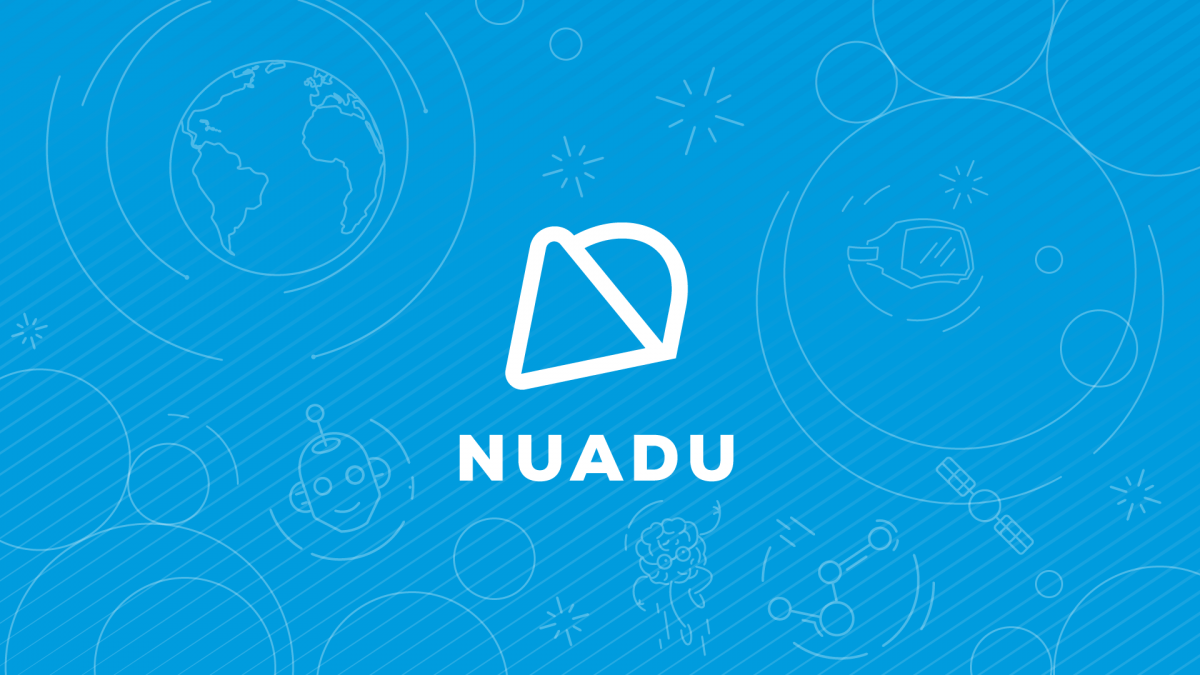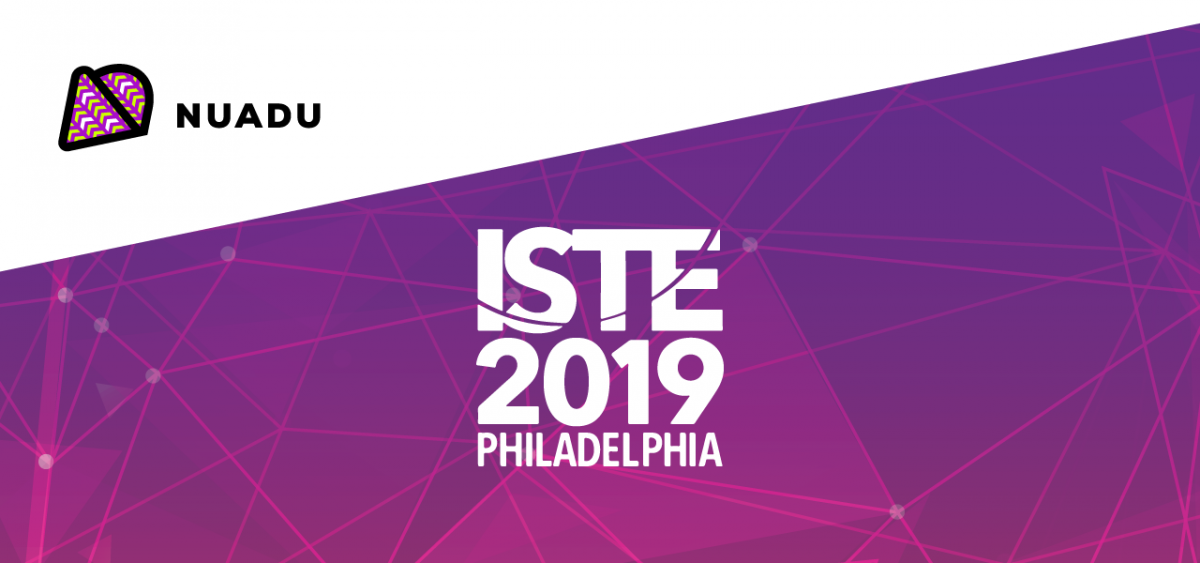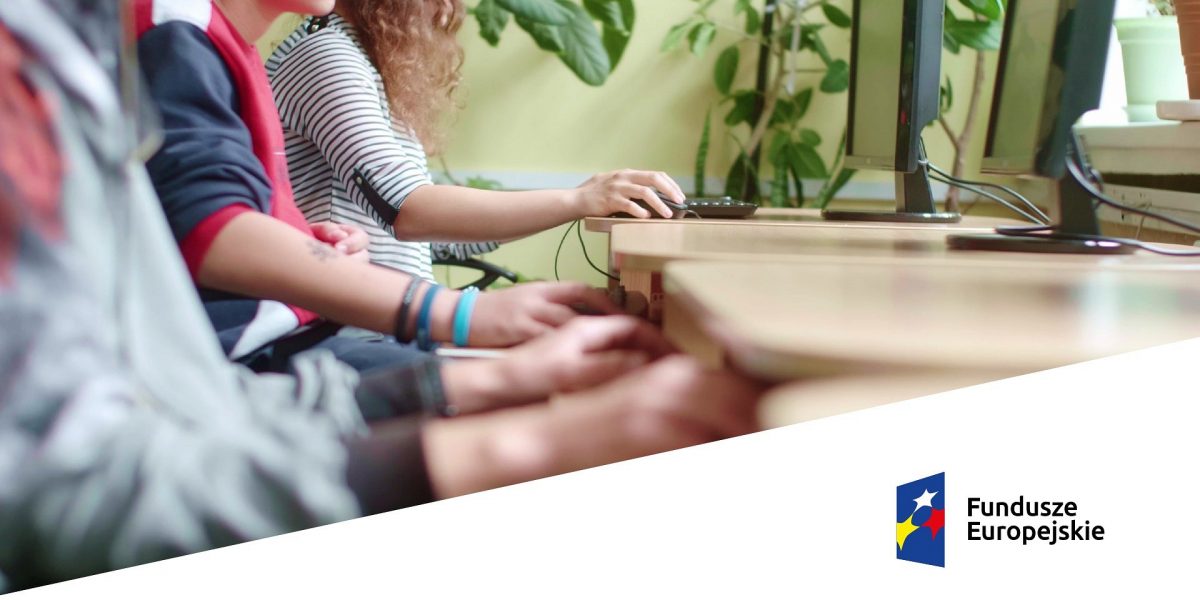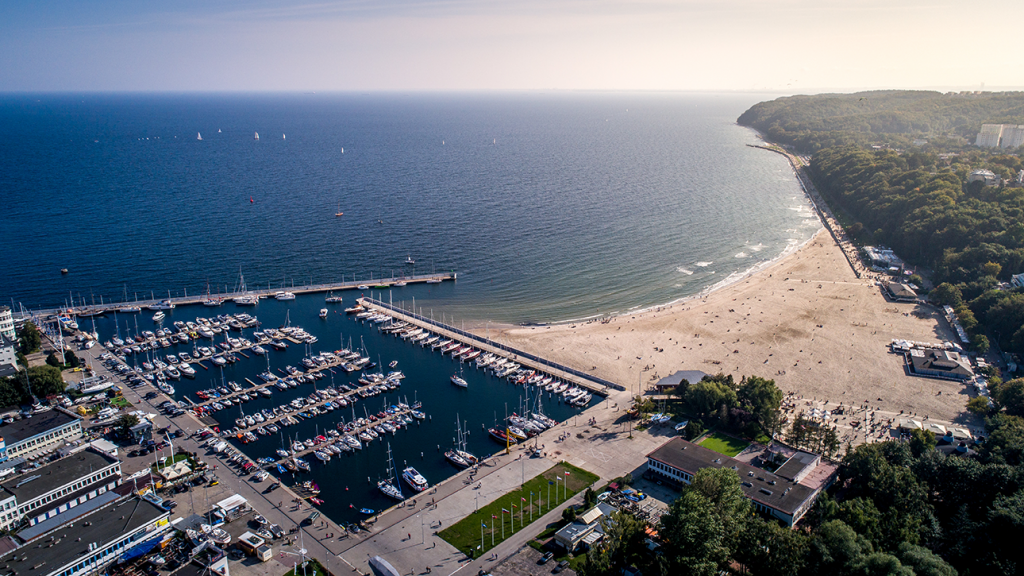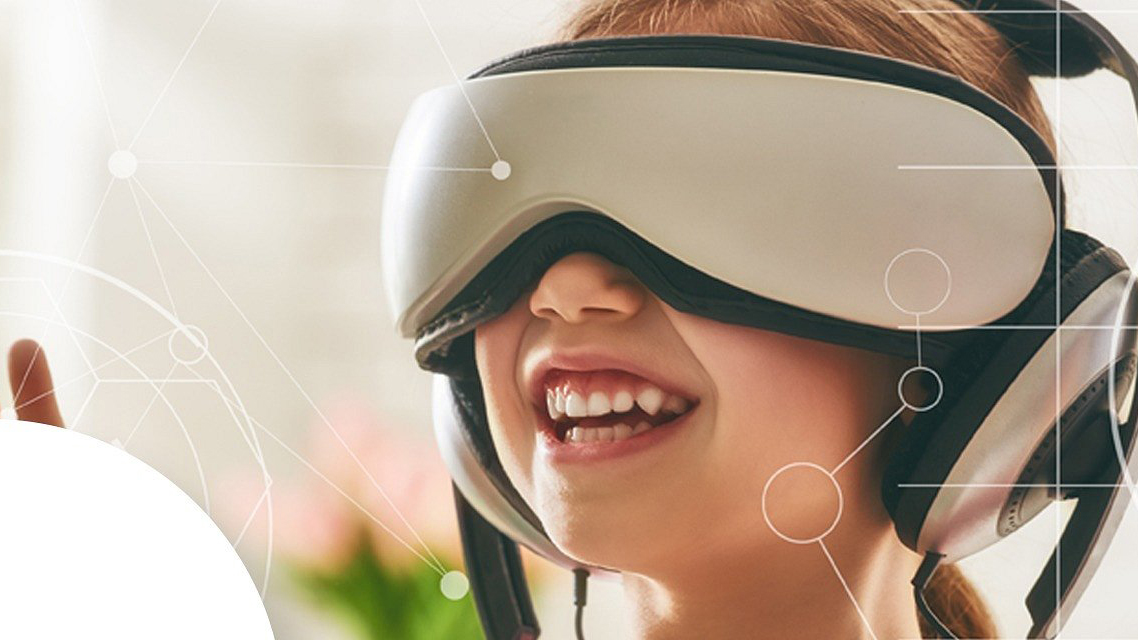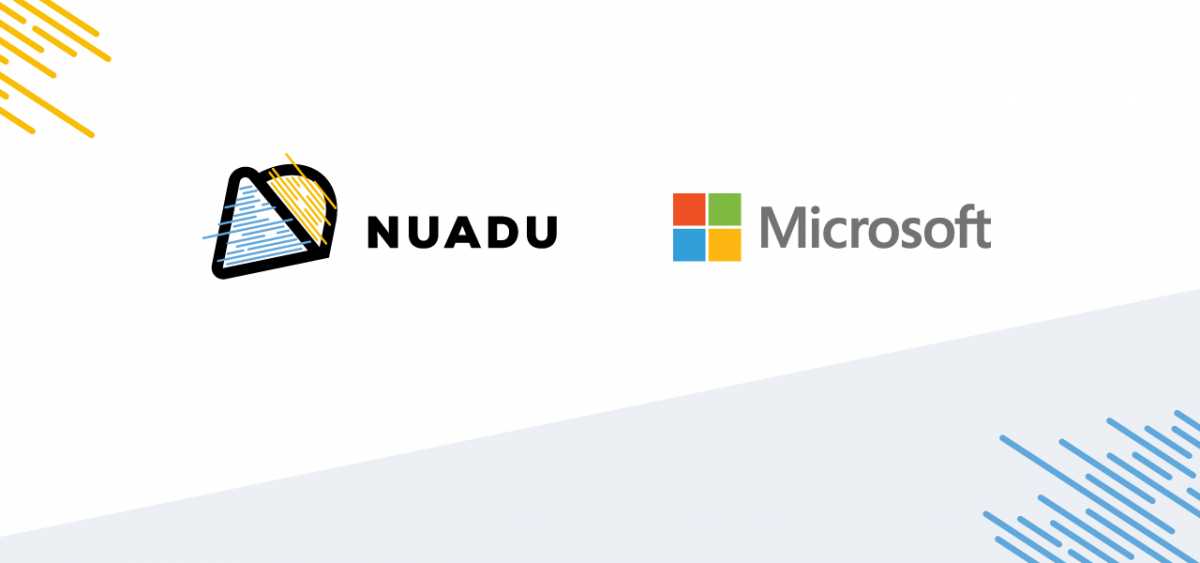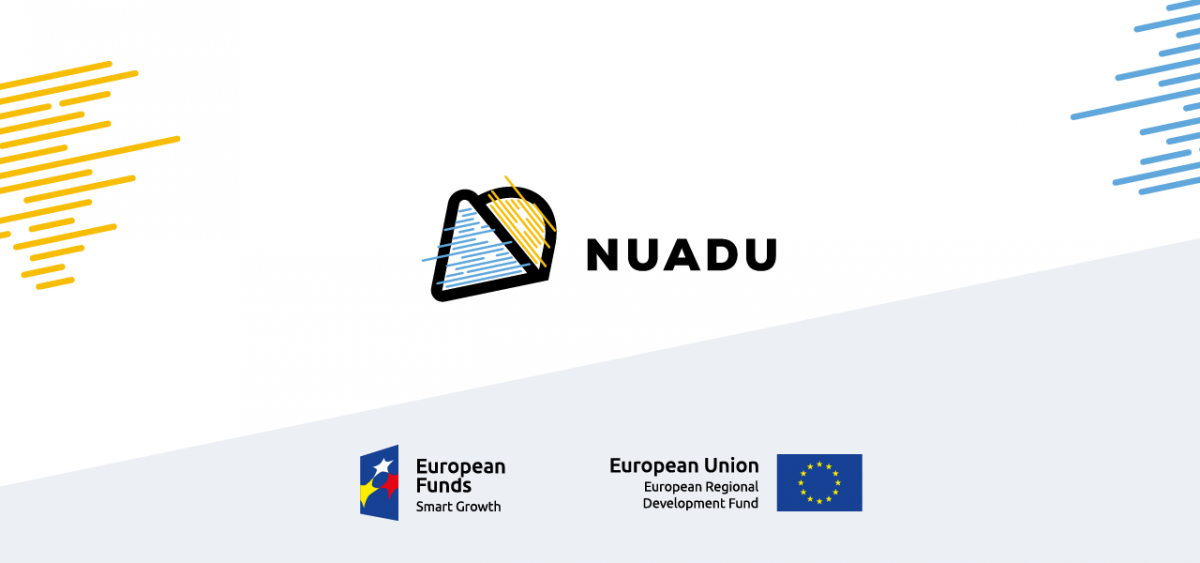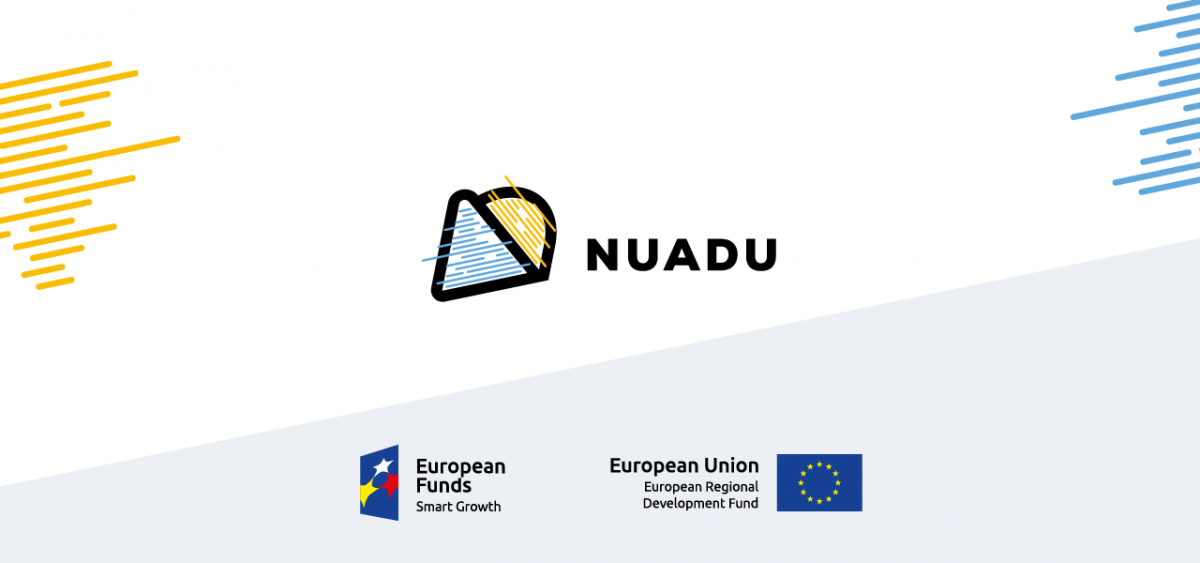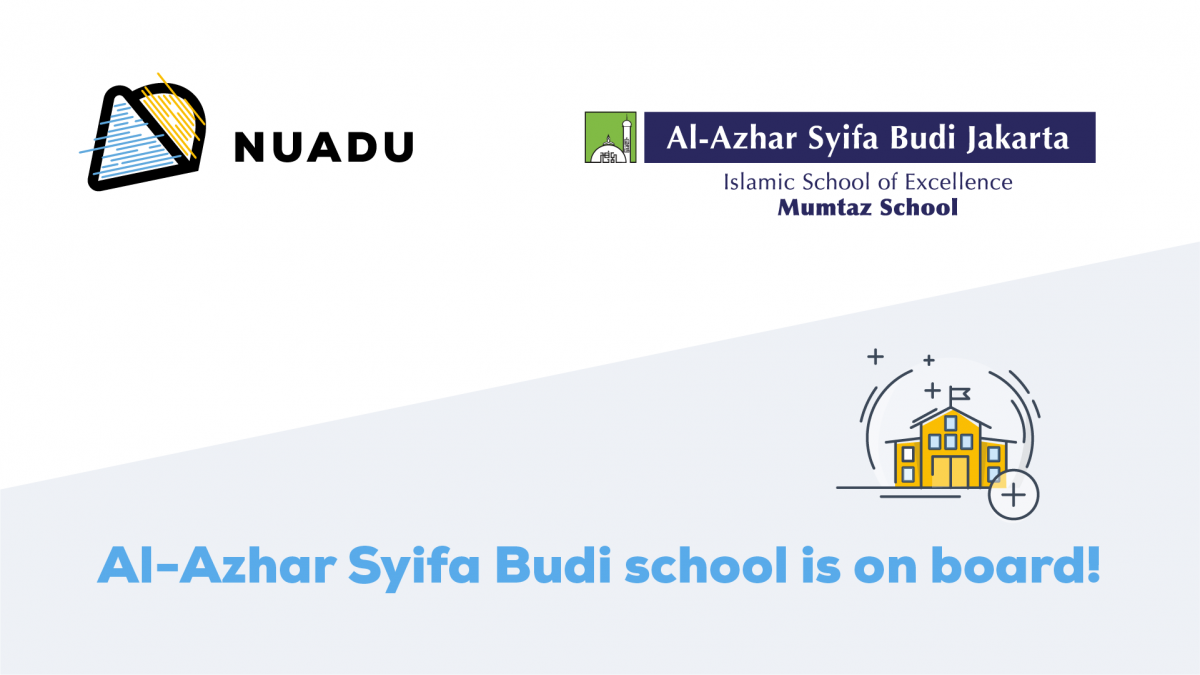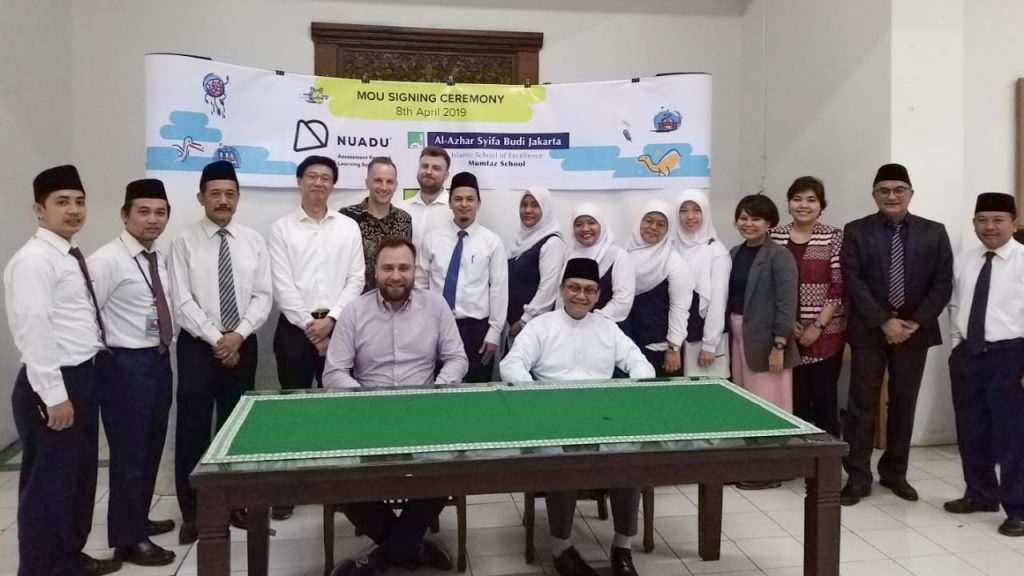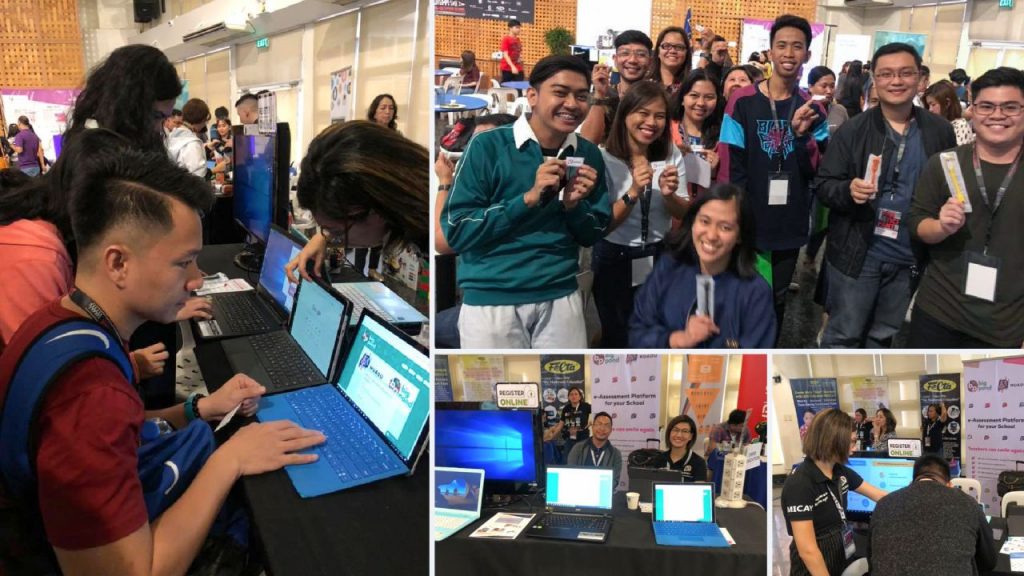Every student needs time
There are 48 students in the average Chinese classroom, 35 in Singapore, 24 in the United States, and 20 in Australia and Europe (Rampell, 2009). Teachers typically have at least a few classes, and in some cases, when teachers work at more than one school, they may have up to a dozen of them. In extreme cases this can quickly escalate to a teacher being responsible for the education of 300-350 students.
It’s important to recognize that this student group will come from a diverse range of backgrounds, all with different learning, mental and physical abilities. Every student has unique needs, particularly concerning how they are taught and treated in the classroom.
So, what exactly does the teaching process look like? It’s safe to say there are multiple elements: planning lessons, doing the actual teaching and explaining of new topics, assigning practical exercises, evaluation (the more frequent, the better), as well as providing compensatory tasks, and a host of other daily activities. It’s not difficult to assume that the time needed to provide students with sufficient individual attention, on top of an already busy schedule, could be calculated in centuries – not working hours.
Educational research has shown a significant relationship between class-size and student achievement. In fact, it has been known for some time that there are major benefits from reduced class-sizes: “a student who would score at about the 83rd percentile when taught individually would score at about the 50th percentile when taught in a class of 40 pupils”, and the difference in being taught in a class of 20 versus a class of 40 is an advantage of 6 percentile ranks (Glass & Smith, 1979).
Class-size and personalized attention to learning is vital for students to reach their potential, which is where NUADU comes in.
An innovative solution for education
Our team of enthusiasts at NUADU is working hard to develop an effective solution that addresses the challenges of the most complex problems in education, and how we can successfully incorporate this solution into the current education system.
Education is not able to change rapidly. If we want schools to develop, we must create innovations that can be easily incorporated into the daily lives of teachers and students. If we expect people to change their habits overnight, we’ll condemn them to their great resistance in advance.
Alina Guzik, Director of Product and Innovation, NUADU
This approach has become the nucleus to develop a powerful solution that will be able to help teachers recognize the individual needs of each student, and provide them with materials and appropriate educational support, exactly when they need it. A solution that can be applied equally in schools and at home.
After all, effective learning is not only about suitable materials and time spent memorizing it. The whole process consists of many lifestyle factors such as sleep, stress, the time of day, and the place we learn.
NUADU has taken these factors into account and has a holistic approach to our solution. Our employees were the first in the world to embed a technological solution with discoveries in the fields of pedagogy, neurobiology and psychology. While our product utilizes artificial intelligence mechanisms and machine learning, we understand the importance of factoring in the logistics of being a human – and the diverse effects this can have on creating an effective learning solution.
NUADU’s innovative solution has been recognized by government institutions and is fortunate to have received funding of more than half a million euros from the National Center for Research and Development in Poland.
A multidisciplinary team consisting of scientists (from various fields), data analysts, high-level machine learning programmers, and UX designers is working on the creation of the solution. The whole process also involves consultation with students and teachers at every stage.

Intelligent educational planner
The developed product will distribute learning materials in advance, taking into account the specific needs of the student. It will lay out the work so that the student can easily familiarize themselves with it, learn, and consolidate knowledge well in advance of the indicated due date, e.g. before an assignment or exam.
Improving how we retain information
When we have a lot of material to master, the main problem is quickly forgetting what we have already learned. The NUADU project will create an intelligent mechanism that will help transfer knowledge from short-term to long-term memory. For this to work, the Ebbinghaus forgetful curve will be used, indicating periods exposed to loss of knowledge, as well as the Leitner system – an algorithm defining a five-stage process of repetition of contents, until their complete assimilation. In contrast to existing products based on algorithms which are based on a rigid set of rules, NUADU will take into account the unique needs of specific people. Their recognition and personalization will be supported by artificial intelligence.
Encouraging students to work together
So, what if a student has difficulty understanding a topic? The system will provide relevant material in the form of text, videos and presentations, or suggest a peer who could help them learn. In a world where teachers have limited time to support each child, the importance of inter-student connection can help dramatically. This could also encourage students to help each other learn and share knowledge.
A bot that motivates you to learn
Creating a product based on science is often a long, tedious and difficult process. Perseverance and regularity in learning is a problem for many adults, let alone children. Fortunately, motivation can help, which is why the NUADU system will reward students, for example, for the time they spend actively learning or gaining new skills. This will be supported by a virtual bot that will encourage students to work, improve their weaker skills and support them on their journey to achieve their goals. The bot will also suggest the use of various methods and learning techniques that will support building something precious – self-awareness.
Commercialization
In 2019 we aim to implement our innovative product in Singapore, the Philippines, Indonesia, Australia, the United States and Poland. The system, thanks to its modular construction, will be used by schools including primary and secondary, tutoring centers, and universities, but also suited for time spent learning at home – whether it be studying to improve their grade or prepare for an exam.
Marcin Wojnowski, President and founder of NUADU
NUADU recognized as a global leader in EdTech
At the end of the last year, NUADU was selected as one of five companies out of 300, from 34 different countries, in the Incredibles Program, which supports innovative companies across the globe. The organization also received an award from the Polish Investment and Trade Agency for dynamism in international expansion.
Moreover, the recently published report ‘Map of the Polish AI’ indicated NUADU as one of four companies changing the structure of world education. Microsoft has also shown it believes in the company, by promoting the NUADU educational platform as part of the Schools of the Future project – an initiative that is transforming education around the world.
Sources: Rampell, C. 2009, ‘Class Size Around the World’, Economix, New York Times, https://economix.blogs.nytimes.com/2009/09/11/class-size-around-the-world/ Glass & Smith, 1979, ‘Meta-Analysis of Research on the Relationship of Class-Size and Achievement’, ED 168, 129, Laboratory of Educational Research, University of Colorado
Authors
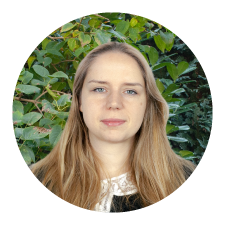
Director of Product and Innovation NUADU

Chief Product Officer NUADU
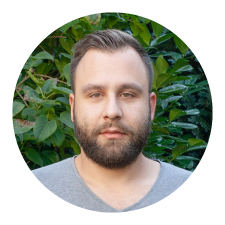
CEO NUADU

